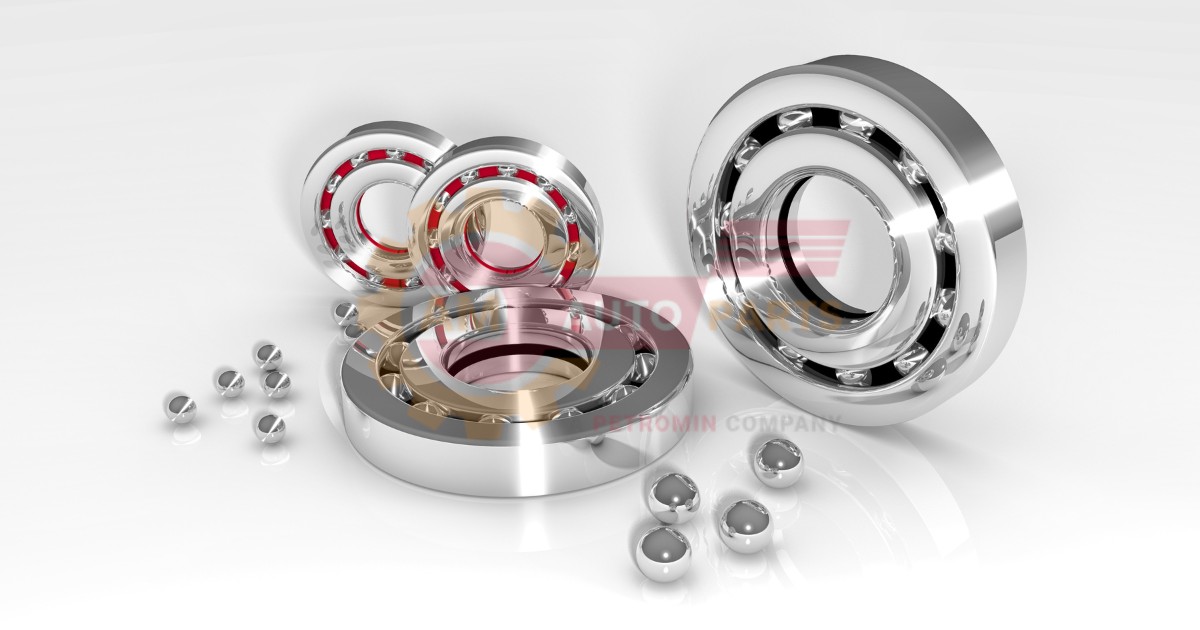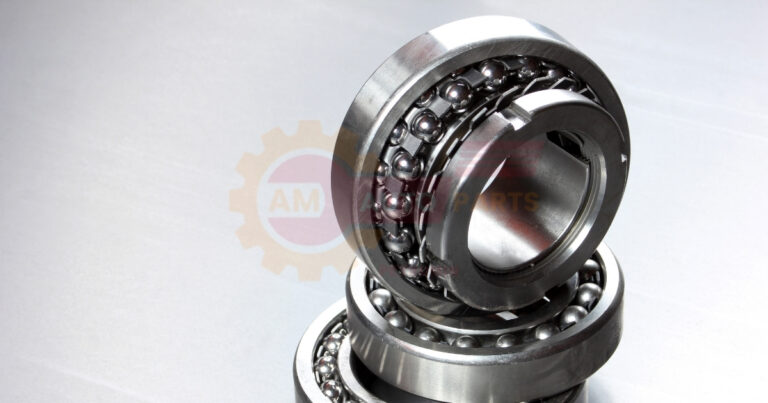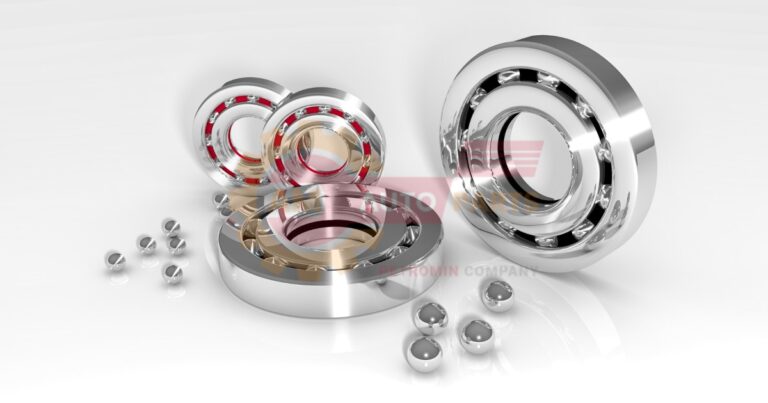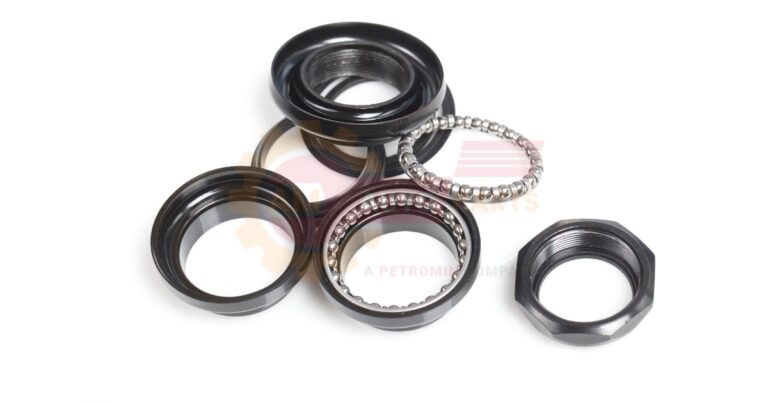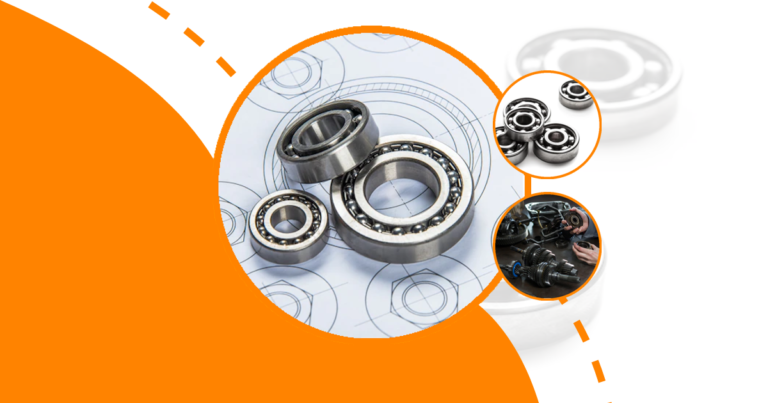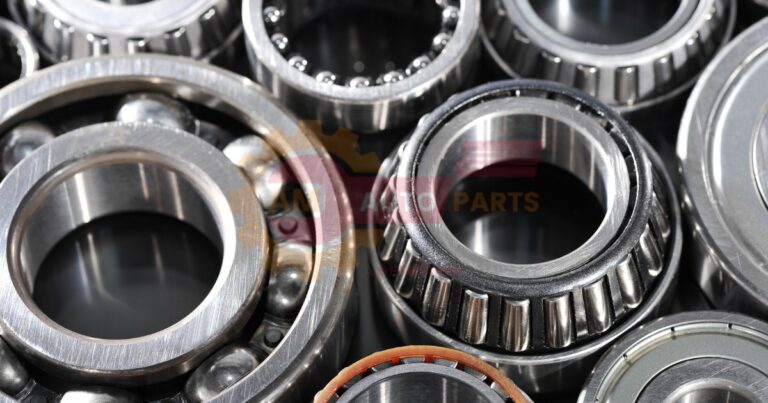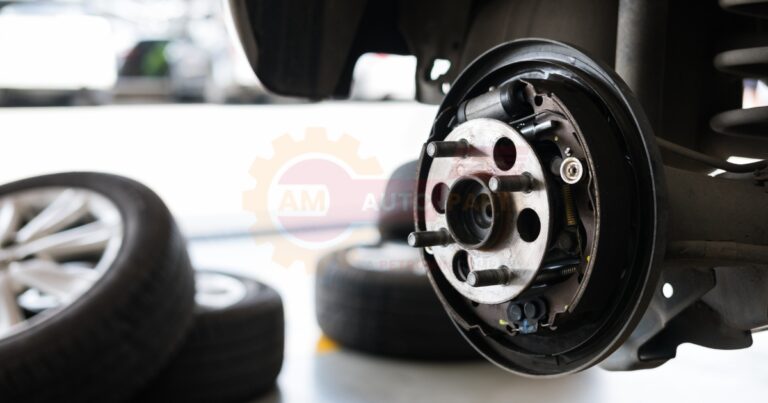Buying a new car is an exciting experience. However, ensuring it continues to run smoothly for years involves regular maintenance and replacement of parts like the wheel bearings . Choosing the right quality bearings is crucial since they allow the wheels to spin freely and support the car’s weight.
In harsh climates like Dubai, bearings face intense heat, dust, and sandy roads, which can rapidly deteriorate cheaper brands. Investing in premium bearings explicitly designed for such tough conditions pays off through enhanced performance, handling, and safety over thousands of miles.
This guide will help you identify the best bearings in cars to withstand Dubai’s punishing roads.
What is a Wheel Bearing, and Why is it Important?
A wheel bearing is a metal ball or roller inside a metal ring that allows the wheels to spin with minimal friction.
Wheel bearings are essential because:
- They reduce friction between the wheels and axle, enabling smooth rotation. Without suitable bearings, wheels would grind to a halt.
- They ensure proper wheel alignment so tyres wear evenly. Bad bearings cause uneven tread wear.
- They support the vehicle’s weight as the wheels roll. Damaged bearings can lead to unsafe conditions.
So, good quality wheel bearings are essential for optimal handling, performance, safety, and comfort when driving.
What are the Different Types of Wheel Bearings?
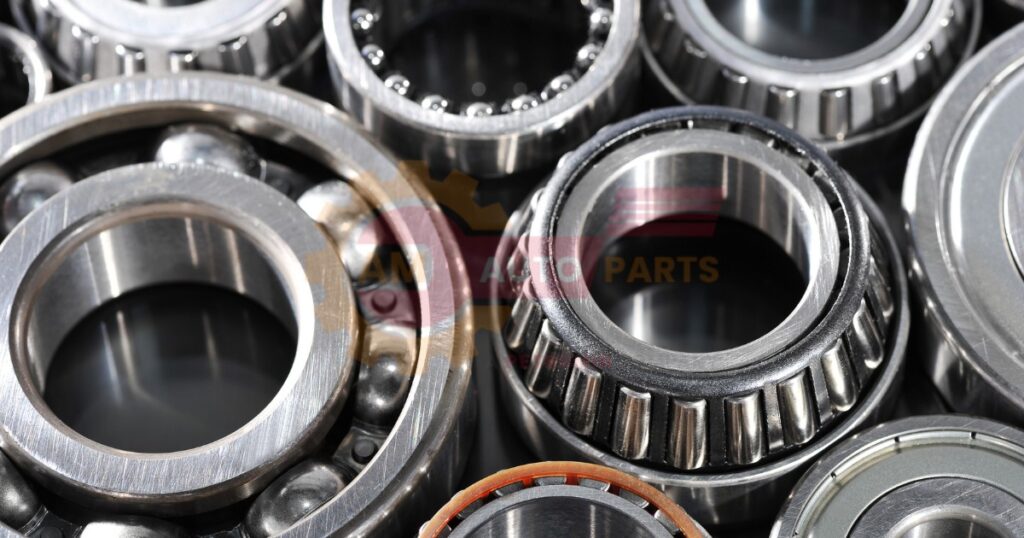
When choosing replacement bearings, look for premium sealed tapered roller or ceramic bearings for optimal longevity. There are several basic types of wheel bearings used in cars:
- Ball Bearings:
These contain metal balls between two rings to reduce friction. They can withstand both radial and thrust loads but usually need lubricants like grease to operate smoothly.
- Tapered Roller Bearings:
The rollers are tapered so that they follow the contours between the two bearing raceways. This design handles heavy radial and axial loads well.
- Ceramic Bearings:
These newer bearings use ceramic rather than steel balls or rollers and can withstand higher temperatures with lower weight. However, they are more expensive.
- Sealed Bearings:
These have rubber seals to retain lubricant inside and keep contaminants out. This extends their lifespan by preventing corrosion. Popular for low friction and minimal noise.
What are the Signs of a Worn Wheel Bearing For A Car?
If you notice any of these, get your wheel bearing for a car inspected and replaced without delay to avoid further damage or accidents.
- Grinding, knocking, or squealing noises when turning or accelerating
- Clickety-clack sounds at certain speeds from loose-bearing rollers
- Uneven wear patterns on tires because wheels aren’t aligned properly
- Excessive vibration in the steering wheel and car body felt especially over 50 mph
- Leaks from ripped bearing seals allow grease to escape
When sourcing replacement bearings, always choose reputable, established brands like these for the best durability. Avoid cheap counterfeit no-name bearings, which seem like a good deal but fail prematurely.
How Much Do Wheel Bearings Cost to Replace in Dubai?
When worn bearings require replacement, costs vary depending on whether you’re doing front or rear wheels, a single bearing, or the set. Typically, you’ll pay between AED 734-4,770.
This table breaks down the average parts and labour costs to replace wheel bearings in Dubai:
| Car Type | Part Cost (AED) | Labor Cost (AED) | Total Cost (AED) |
| Front Wheel Bearing | 367 – 1,102 | 367 – 1,295 | 734 – 2,397 |
| Rear Wheel Bearing | 367 – 1,102 | 367 – 1,295 | 734 – 2,397 |
| Set of 2 Front/Rear Wheel Bearings | 734 – 2,205 | 734 – 2,565 | 1,468 – 4,770 |
How Often Should Wheel Bearings Be Replaced?
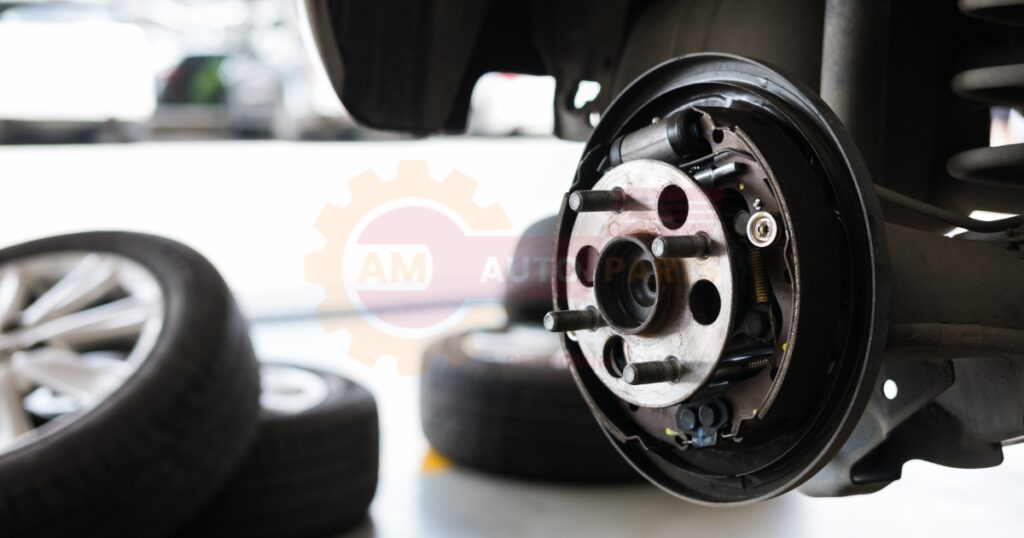
Most original equipment wheel bearings supplied with new cars should last at least 30,000-60,000 miles if lubricated and maintained properly.
But Dubai’s punishing operating environment of extreme heat plus sandy roads rapidly wears out bearings. Wheel components explained Wheels have different parts like the rim hub spokes and tire that work together to help vehicles move smoothly on the road Car Wheel Count Most cars have four wheels attached to help them move smoothly on the road
Automotive bearing overhaul involves taking apart and fixing the parts that help wheels spin smoothly in cars and trucks This process keeps vehicles running well and prevents problems with steering and movement Bearing repair costs can vary depending on the type of bearing and the extent of damage Fixing bearings quickly can help keep
Bearing installation process Put the bearing in the right spot and make sure it fits snugly then secure it tightly so it stays in place and can spin smoothly Diagnose faulty bearing by listening for unusual noises and checking for excessive vibration Use special tools to measure bearing wear and temperature to
Proper bearing tension Vehicle bearing selection Choosing the right bearings for a vehicle is important to make sure the wheels turn smoothly and safely Bearing sound detection helps find problems in machines by listening for unusual noises from moving parts
Bike bearing essentials are the important parts that help your bike wheels spin smoothly These small but crucial components reduce friction and make your ride more enjoyable Crankshaft bearing mechanics explored Learn how crankshaft bearings work in engines and help reduce friction between moving parts allowing the crankshaft to rotate smoothly and efficiently
Car bearings lifespan Car bearings can last anywhere from 85000 to 100000 miles depending on driving conditions and maintenance but some may need replacement sooner if exposed to harsh environments or excessive wear Affordable wheel bearings help cars move smoothly without costing too much money
- Inspect bearings every 10,000 miles as preventative maintenance.
- Schedule wheel bearing replacement roughly every 25,000-40,000 miles based on your driving patterns.
- Off-roading and commercial vehicles face tougher conditions, requiring bearing changes more frequently.
Conclusion
Catching problems early keeps your bearings rolling smoothly for longer. Learn to listen for sounds indicating worn bearings needing replacement and always change bearings in pairs on the same axle to prevent uneven wear.
Investing in durable wheel bearings designed specifically for Dubai’s hot, dusty conditions will pay off in safer, hassle-free driving for thousands of miles. Premium brands like NTN, SKF, and FAG are proven to outlast cheap imports many times over.
Ready to upgrade your ride with robust wheel bearings to last Dubai’s harsh roads?
When sourcing new wheel bearings for a car or related auto parts, trust the specialists at AM Autoparts . As authorized distributors for leading brands favoured by UAE mechanics, they supply top-quality bearings cut precisely for your vehicle’s specs.
Get a quote today from AM Autoparts pros. With competitive prices and UAE-wide shipping, you’ll be rolling smoothly ahead in no time!
